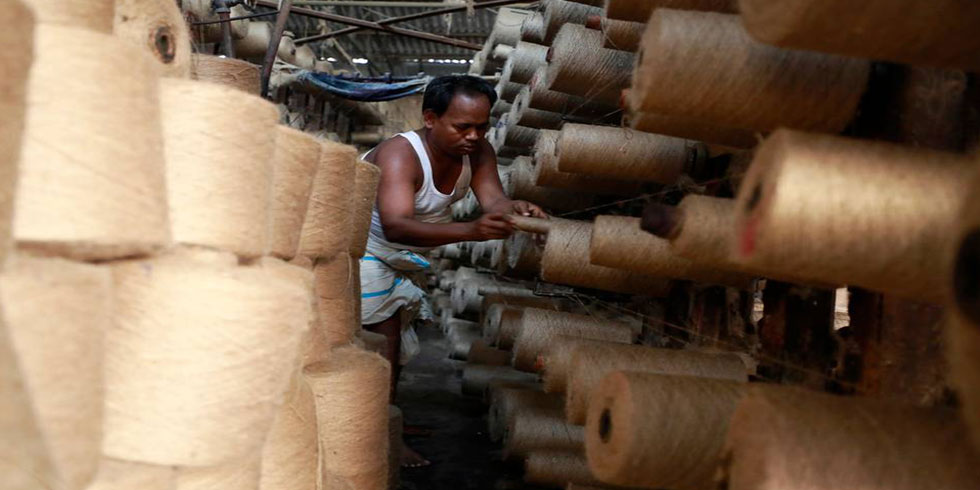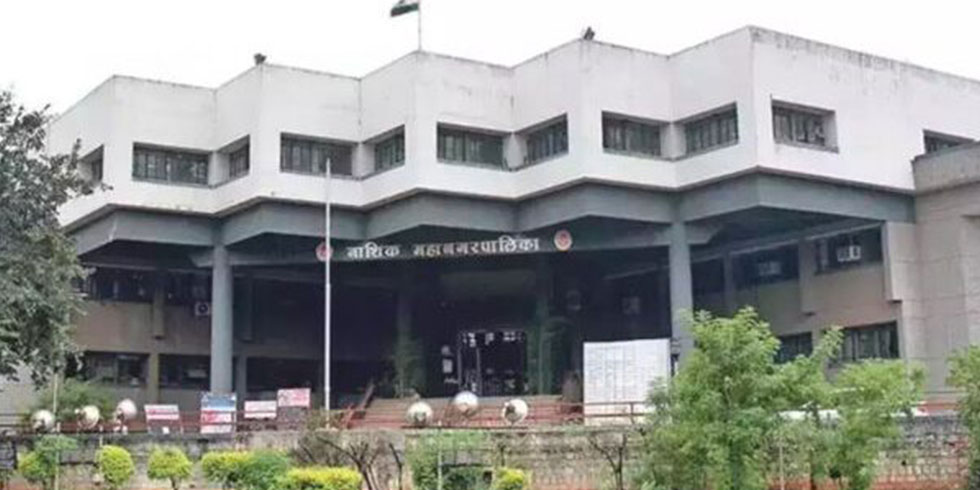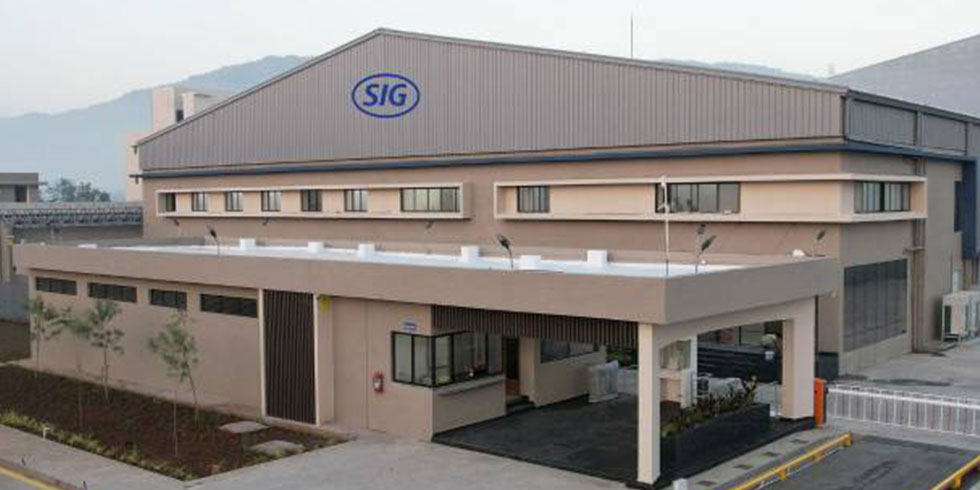For the Jute Year 2021-22, the Cabinet Committee on Economic Affairs, chaired by Prime Minister Narendra Modi, adopted reservation guidelines for the mandatory use of jute in packaging. Foodgrains must be wrapped in jute bags 100 percent of the time and sugar must be packed in jute bags 20 percent of the time, according to the mandatory packaging regulations set for Jute Year 2021-22.
The reservation requirements in the current proposal would preserve the interests of local raw jute and jute packaging material production in India, hence making India self-sufficient in accordance with Aatmnirbhar Bharat. 66.57 percent of the raw jute produced in the country was reserved for packaging in jute packaging material (in 2020-21).
The government would provide relief to 0.37 million workers employed in jute mills and associated units, as well as help the livelihood of roughly 4.0 million farm households, by putting the provisions of the JPM Act into action. Furthermore, it will contribute to environmental protection because jute is a natural, biodegradable, renewable, and reusable fibre that meets all sustainability criteria.
The jute industry plays a significant role in India's national economy, particularly in the Eastern Region, which includes West Bengal, Bihar, Odisha, Assam, Tripura, Meghalaya, Andhra Pradesh, and Telangana. It is an important industry in the eastern half of the country, particularly in West Bengal.
In the Jute Sector, the JPM Act's reservations norms give direct employment to 0.37 million people and 4 million farmers. The Jute Farmers, Workers, and Anyone Involved in the Production of Jute Goods Act of 1987 safeguards the interests of jute farmers, workers, and persons involved in the production of jute goods. Jute Sacking Bags account for 75% of total Jute Industry production, with 90% going to the Food Corporation of India (FCl) and State Procurement Agencies (SPAs), and the rest being exported/sold directly.
Every year, the Indian government purchases Jute sacking bags worth around Rs. 8,000 crore for the packing of foodgrains, ensuring a steady market for Jute Farmers and Workers.
The average production of sacking bags made of jute is over 30 lakh bales (9 lakh MT), and the government is dedicated to ensuring complete off-take of the sacking production of jute bags in order to preserve the interests of jute farmers, employees, and others involved in the industry.








Add Comment